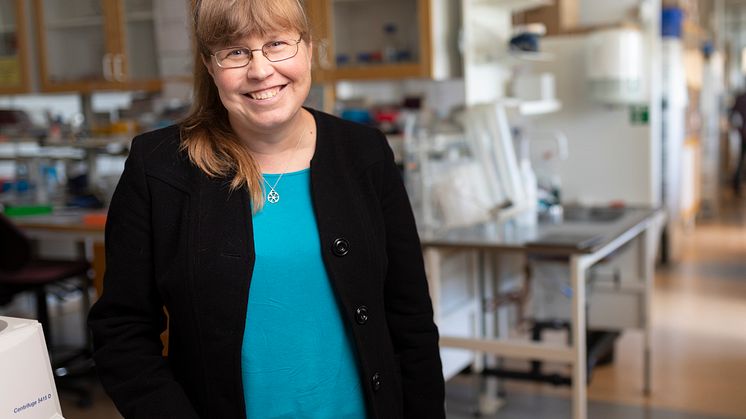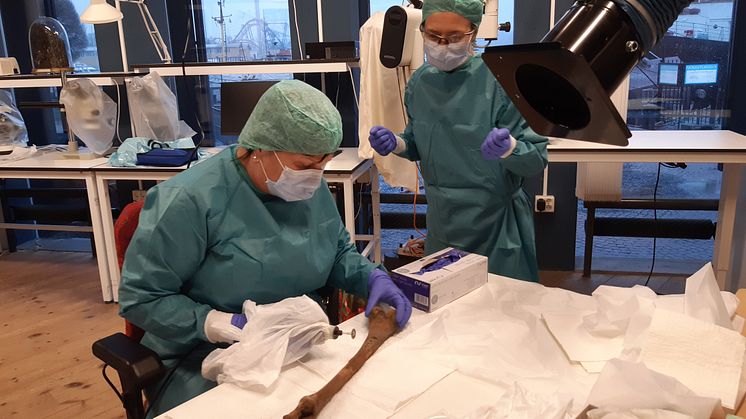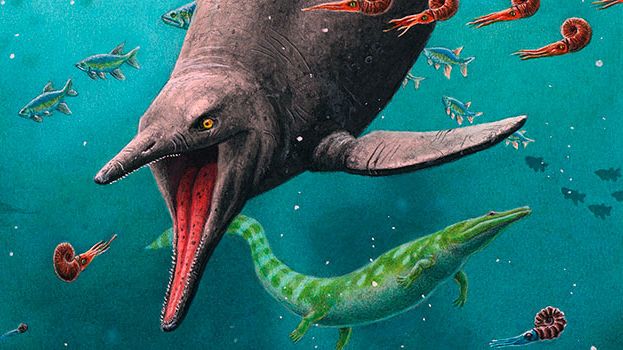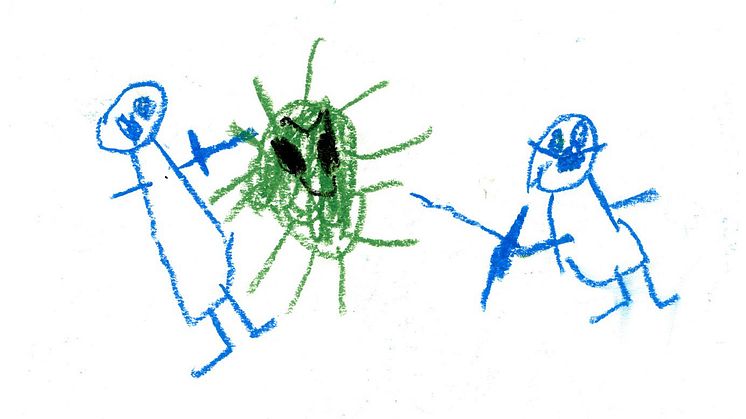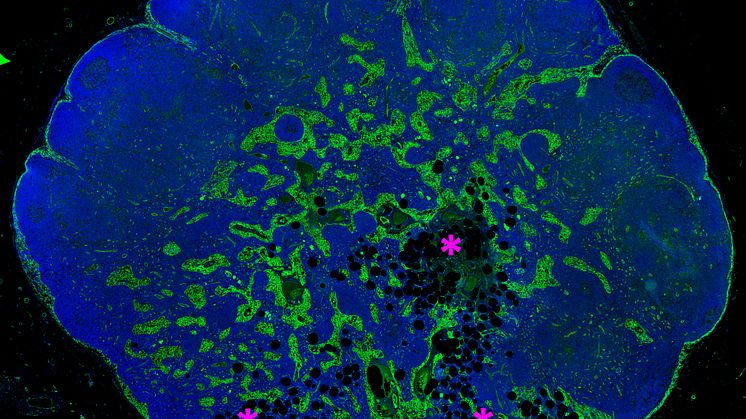Genomes from 240 mammal species explain human disease risks
A major international research project, jointly led by Prof Kerstin Lindblad-Toh at Uppsala University and Broad Institute has surveyed and analysed the genomes of 240 different mammals. The results, now published in 11 articles in the journal Science, show how the genomes of humans and other mammals have developed over the course of evolution.
